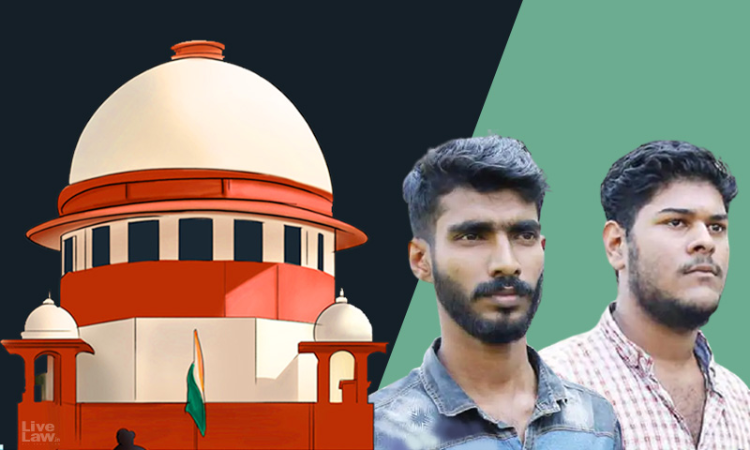The Supreme Court on Thursday restored the Special NIA Court, Kochi's order granting bail to Kerala youth Thwaha Fasal and Allan Shuhaib in a UAPA case over alleged Moist links.The bench of Justices Ajay Rastogi and Abhay Sreeniwas Oka delivered the judgment in the following appeals : The appeal filed by Thwaha Fasal, a journalism student, challenging the judgment of the Kerala High Court...

